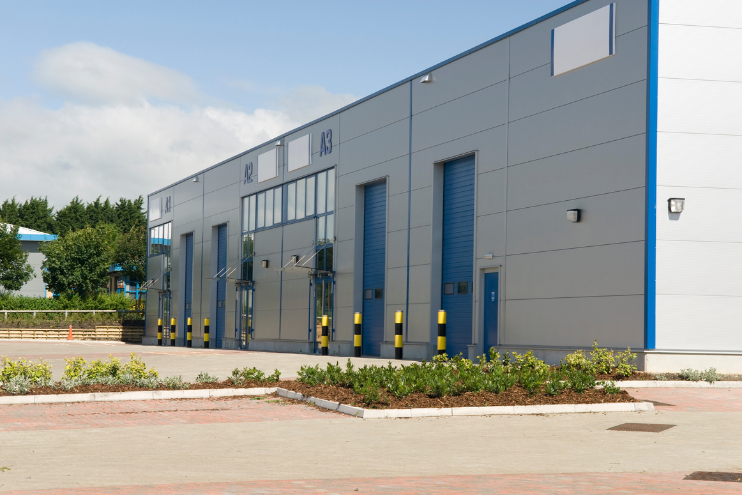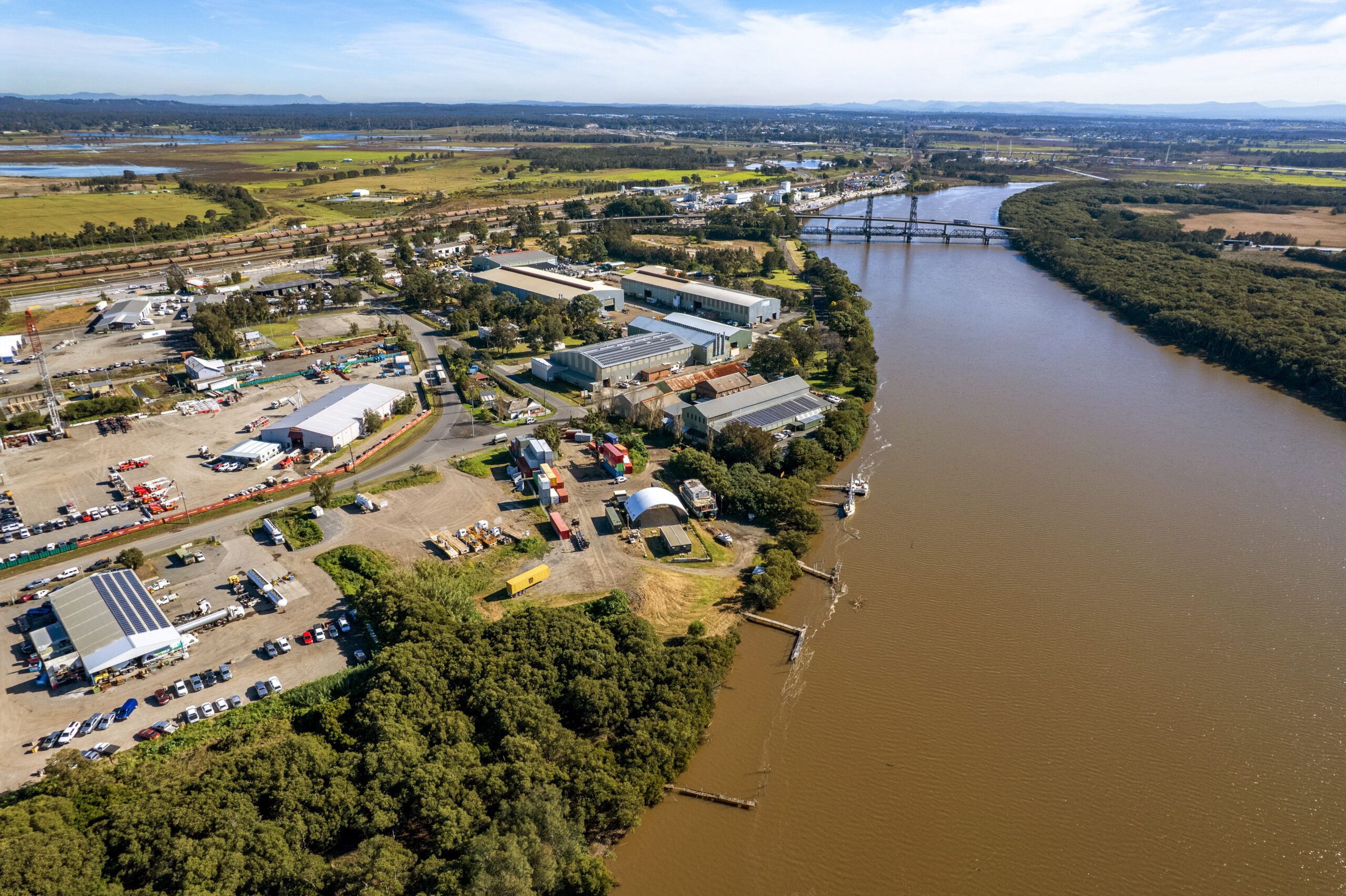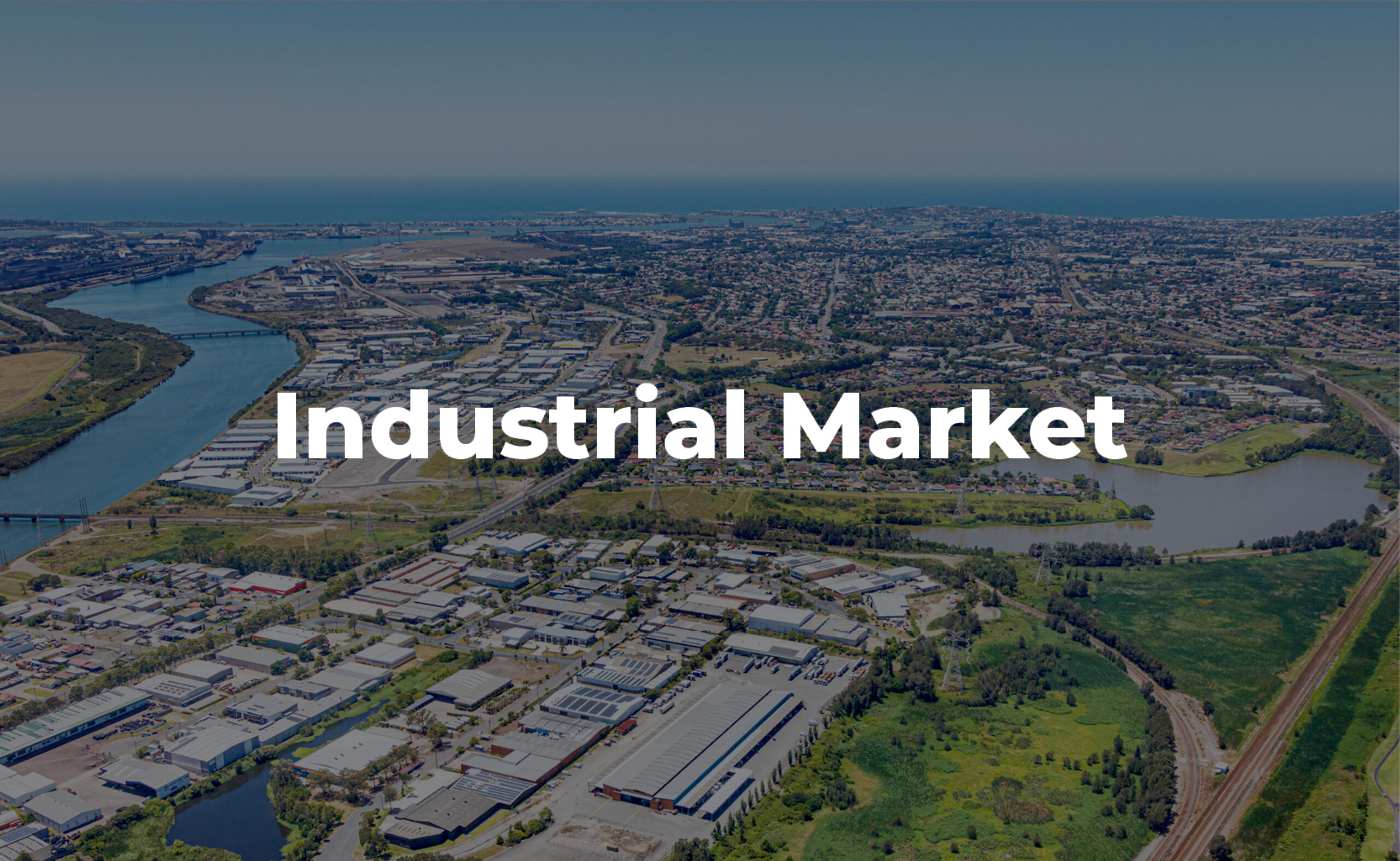
Is a sale-leaseback the right decision for your business?
There are many benefits to owning the property that your business operates from. However, there are times in the life of a business where the best strategic decision may be to access the latent capital within your real estate asset to provide capital for the strategic growth of your business.
The sale-leaseback solution is a real estate strategy that enables your business to sell the property that it uses for business and lease the property back from its new owners. The sale-leaseback strategy requires careful execution to ensure that your business is protected through the sales and leasing agreement which sees the property sold with a long-term tenant in place.
Benefits of a sale-leaseback agreement for your business
The most obvious benefit to entering into a sale-leaseback agreement is to unlock capital. This solution enables you to redeploy the capital in a strategic way to facilitate the long-term business goals and direction.
Accessing real estate market opportunities
Within the current real estate landscape, a sale-leaseback decision for your business can present an opportunity to decrease the blended cost of capital, particularly for small and medium enterprises (SME’s). Commercial real estate capitalisation rates are sitting at historic lows in line with property values skyrocketing. The sale and leaseback option allows you to gain access to capital at a lower cost than traditional debt, particularly when the increasing interest rates is also taken into consideration. In this method of transaction, your business would gain access to 100 percent of the asset’s value as opposed to the traditional 70 percent that would be available under most loan to value ratios.
Capturing value arbitrage
Earnings before interest, taxes, depreciation, and amortisation (EBITDA) serve as a pivotal metric to gauge the performance of a business and its profitability. By employing a sale-leaseback strategy, you can capitalise on the value arbitrage between your company’s EBITDA multiple and the real estate multiple. Effectively structured sale-leasebacks have the potential to yield a real estate valuation equivalent to an EBITDA multiple of 12x to 20x, surpassing the existing EBITDA multiple. This presents a unique opportunity to increase your company’s value without resorting to operational changes.
Risk mitigation
Sale-leasebacks offer a robust risk mitigation mechanism for your company. Firstly, they alleviate operational risks associated with real estate ownership, accommodating evolving business needs such as changes in location, size, or building requirements. Additionally, sale-leasebacks shield your company from potential declines in real estate values, sparing your business from the uncertainties of market fluctuations. Furthermore, these transactions relieve you of the substantial human and financial capital required to manage commercial properties diligently. By transferring property ownership and management responsibilities to the buyer, you can focus on core business operations. Of course, this will largely depend upon the type of lease you have entered into as some will still require you to manage the maintenance of the property.
Exploring the pros and cons of a sale-leaseback strategy
A sale-leaseback strategy comes with many benefits, however it’s also important to consider the downsides that may be faced with the sale of your asset. Consider potential drawbacks such as missed appreciation opportunities and tax implications. Engaging trusted commercial and industrial real estate agents like Commercial Collective can help you navigate these intricacies and determine the most suitable option for your business.
Pros to the sale-leaseback real estate strategy:
- Immediate access to capital
- Improved cash flow
- Potential tax benefits may be available
- Flexibility for growth and relocation
Cons to the sale-leaseback real estate strategy:
- Loss of ownership and control
- Long term financial commitment is usually involved with leaseback arrangements often involving higher lease payments than traditional lease agreements.
- Potential for increased costs if market rental rates increase over time
- Market value fluctuations may leave your business leasing the property at a higher rate than its current market value.
It’s important to consider both the pros and cons of implementing a sale-leaseback strategy for your commercial or industrial property to determine if this strategy is right for you. Contact the team at Commercial Collective to discuss your specific situation in more detail and to discuss any questions you may have.





